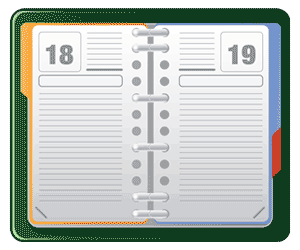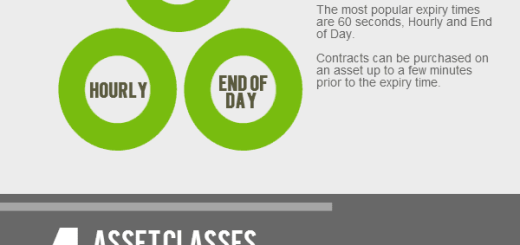The Benefits Of Keeping A Binary Options Diary
 Keeping a binary options diary is one step along from simply tracking your results. As well as just keeping a track of your performance, your diary, if used correctly, can reveal a number of factors that you can filter back into your trading process to improve your results.
Keeping a binary options diary is one step along from simply tracking your results. As well as just keeping a track of your performance, your diary, if used correctly, can reveal a number of factors that you can filter back into your trading process to improve your results.
The reason that so many major businesses spend millions on software packages to analyse their performance data is so that they can process this information to find areas for improvements which can increase their bottom line.
As a trader of binary options, you too can benefit from this approach, though thankfully the expensive analytic software can be replaced with a simple spread sheet or pen and paper.
Reasons You Should Keep A Diary
There are two main reason to keep a diary of your trading actions. The first of these is that by writing down the circumstances surrounding your trading, you are keeping a solid record which you will be able to refer to in future. This overcomes any failing of the memory and will prevent you from forgetting why a trade or action was taken
The second reason as to why this proves useful is that it also adds method to the trading process. A plan for trading binary options is designed to create structure and provide discipline. This will also help you to remove the temptation for making random or impulsive investment decisions which frequently lead to poor results.
What To Record
You only need to record some key pieces of information. This will prove to be sufficient to provide you with enough information to reference back your trading.
Here are three top things to record in your trading diary:-
1. What You Traded
This may seem obvious but you need to record what you are trading. As well as recording the asset it will also be useful to note the level that you entered the market (your strike price) , the time you took the trade (which trading session) and the contract type you used (Call/Put, Touch, Boundary etc).
This information may seem trivial at the time but given that many traders may make many trades per week, even knowing what you were trading a few days ago can be hard to recall. Therefore remembering the trades that you made weeks ago will be almost impossible.
2. Why You Traded It
There needs to be a sound reason as to why you traded the asset. It could be because of a technical setup on the chart or because of the fundamental picture. It maybe that you are simply following a technical trading system and that is why you took the trade. Either way you need to know the conviction behind the decision.
If you are technical trader also note the indicators that you used. Also be honest with yourself. If you took the trade simply because your strategy hadn’t traded for a while note it down. It can also be useful to note your mood or emotion leading up to the decision.
Emotions can play a huge part in the decision making process. So if you were stressed, anxious or simply didn’t have sufficient time to re-check your analysis before placing your deal with your broker, then also write this down.
3. What Was The Result?
Provided you have been comprehensive and honest in filling out your diary this far, then this is where you will get the main benefit from your binary options trading diary.
Analyzing the results can help you feed improvements into your trading. Rather than asking yourself simply ‘did I win or lose’ look more into the reasons as to why this was the case. Your records for the first two questions here might highlight certain similarities between any losses. For example, it may be that you always lose when following a certain technical signal, trade on a certain asset or have even when you are in particular mindset.
In keeping a diary you will be able to regularly refer back to your trading and analyse the results that you get. This information will then be able to be used as a reference point which you can use to help evaluate your trading process and improve it. Sometimes history can prove to be an invaluable lesson which can be used to shape a more productive future.









